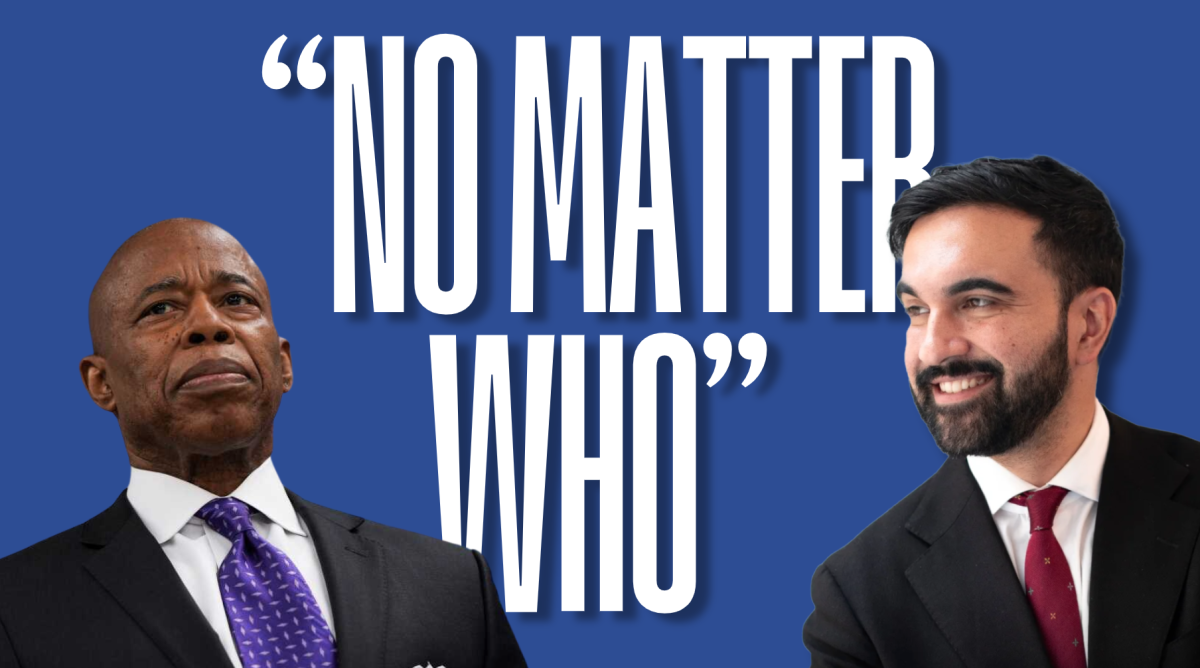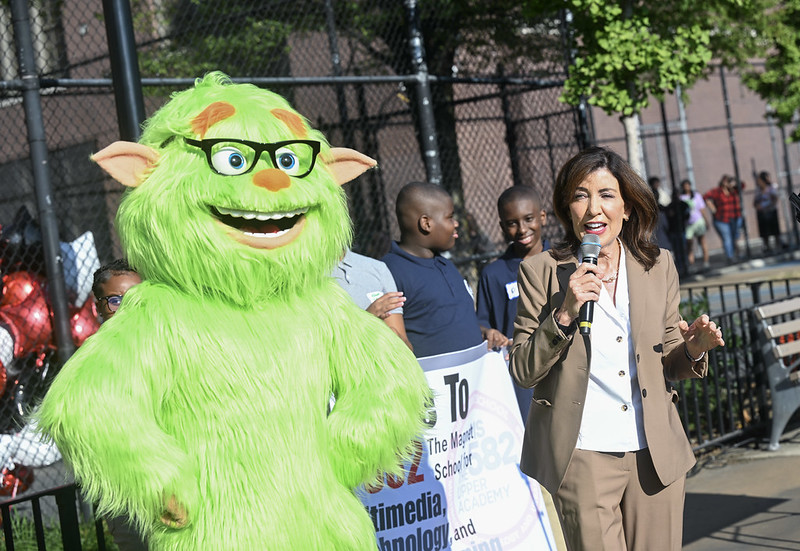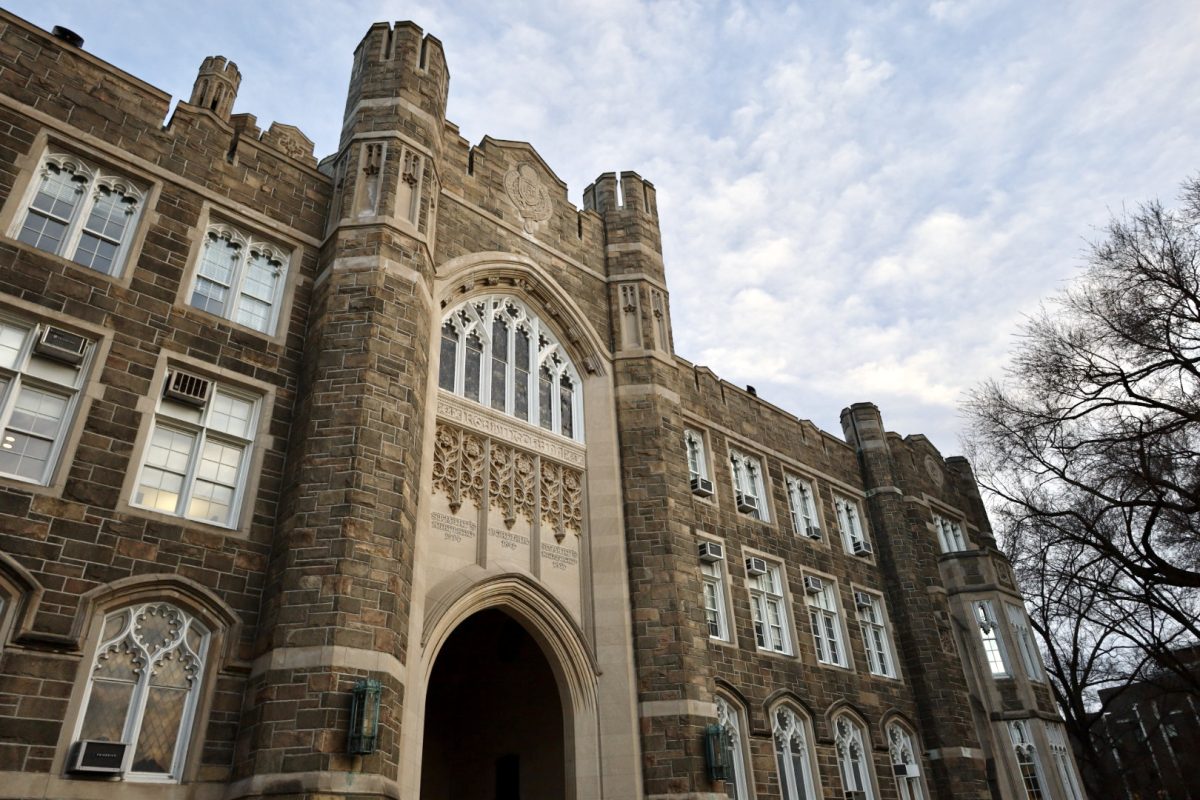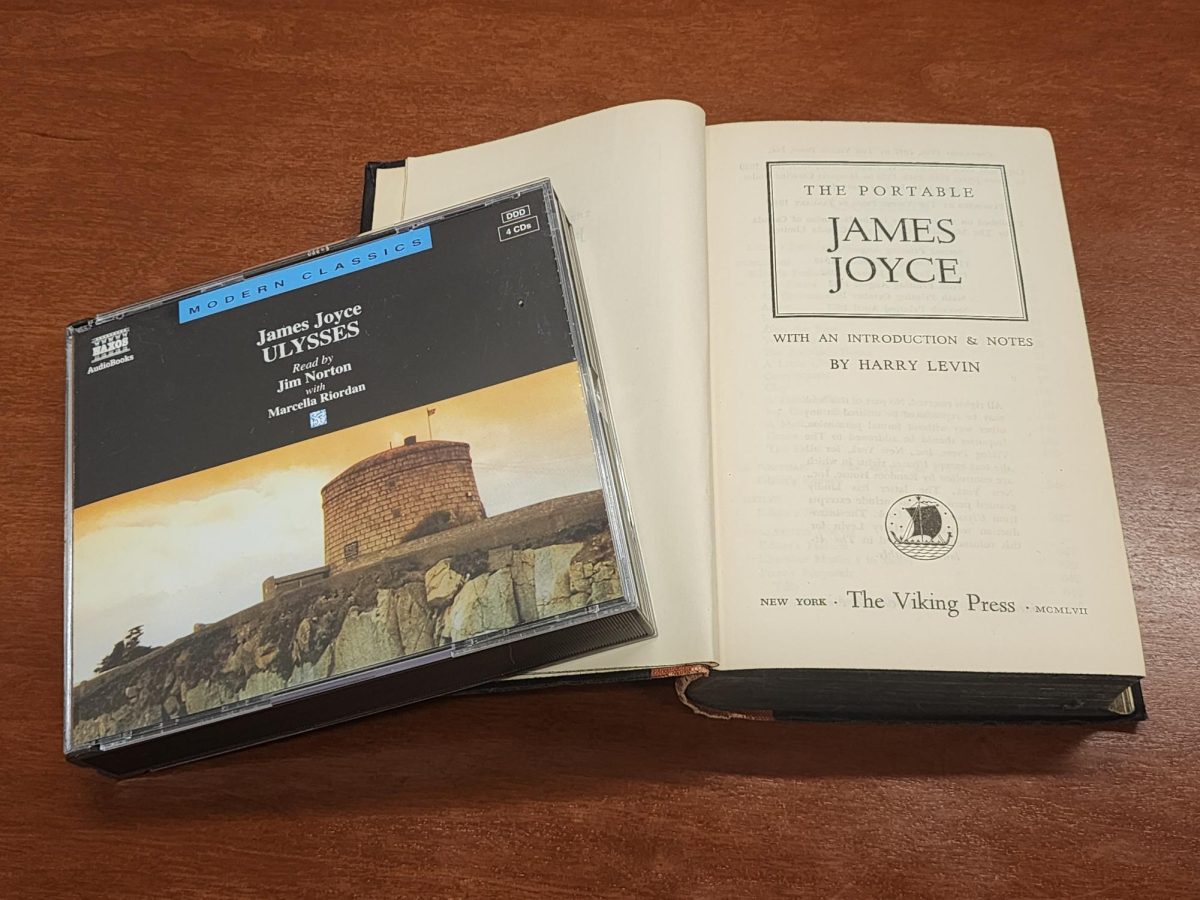The Fordham University football program isn’t really worth more than its financial cost. Despite having 102 football players on the roster this season and a coaching staff of 17, including both paid and unpaid positions, this team has continuously struggled to deliver results. Their last winning season was in 2023, with a 6-5 record. While the program should be kept for the sake of tradition, I believe it is time to reduce its funding and redirect resources to better serve the wider student body.
After a loss to Lafayette College on Oct. 4, the Fordham Rams sit at 1-5 this season.The team managed a narrow win against the College of the Holy Cross on Saturday, Sept. 27, with a score of 26-21, reclaiming the Ram-Crusader Cup, a tradition dating back to 1951. But last year’s 2-10 record suggests yet another disappointing finish is likely. Regardless, the program continues to draw revenue from ticket sales and donations.
The financial picture isn’t much brighter. According to College Factual, the football program brought home $7,833,065 in revenue in 2024, the exact amount it spent on expenses. In other words, Fordham Football broke even, neither losing nor making money. Breaking even is better than losing money, but it still means millions of dollars are consumed by a single team, with little return for the majority of students.
Head Coach Joe Conlin’s salary is not publicly available, though his contract is speculated to be around $300,000 annually. For comparison, Fordham’s 2024 IRS Form 990 revealed that the now-fired head basketball coach Keith Urgo earned $1,047,652, making him the university’s second-highest paid employee that year after President Tania Tetlow at $1,516,067. The football program may not technically lose money, but it requires a large investment with little return for the student body.
The disconnect between the program and students is clear. Multiple upperclassmen at Rose Hill say they have never attended a football game. “I don’t see the point,” said Fatma Matope, GSB ’27. “I’m not going to spend more money on top of tuition and textbooks to watch an uneventful game.” The majority of students I spoke to said they don’t plan on going to any football games this year.
Layla Fleming, GSB ’27, said that she attended a game as a first-year, but never returned. “The games remind me of my high school games, I think my [high school’s] junior year team could beat Fordham,” she said. While she noted that the free merchandise and on-campus events were fun, they were not enough to bring her back.
It is true that Fordham Football has a proud history. Vince Lombardi, FC ’37 played for the Rams from 1933 to 1936, leading the team through a 25-game winning streak and helping form the iconic “Seven Blocks of Granite” defensive line. However, those glory years were 88 years ago, and the program has not come close to that level since. History alone cannot justify a program that few students care about and that no longer elevates the university.
If Fordham insists on keeping their football program, it needs a financial diet. Resources could be redirected towards academics, scholarships or student services that benefit the wider campus community, rather than a small group of select athletes. Fordham already has many strong traditions — the President’s Ball, Winter Ball, Spring Weekend, riding the Ram, the Candlelighting Ceremony and more — that unite students together in ways football no longer does.
Some do argue that football is a cornerstone of Fordham’s school spirit and identity. While it certainly contributes to campus culture, clinging to a fading legacy should not come at the expense of the university’s future. Fordham’s spirit does not have to rest on a program that consistently underdelivers both on the field and off it.
Audrey Bolds, FCRH ’27, is a journalism major.


















































































































































































































